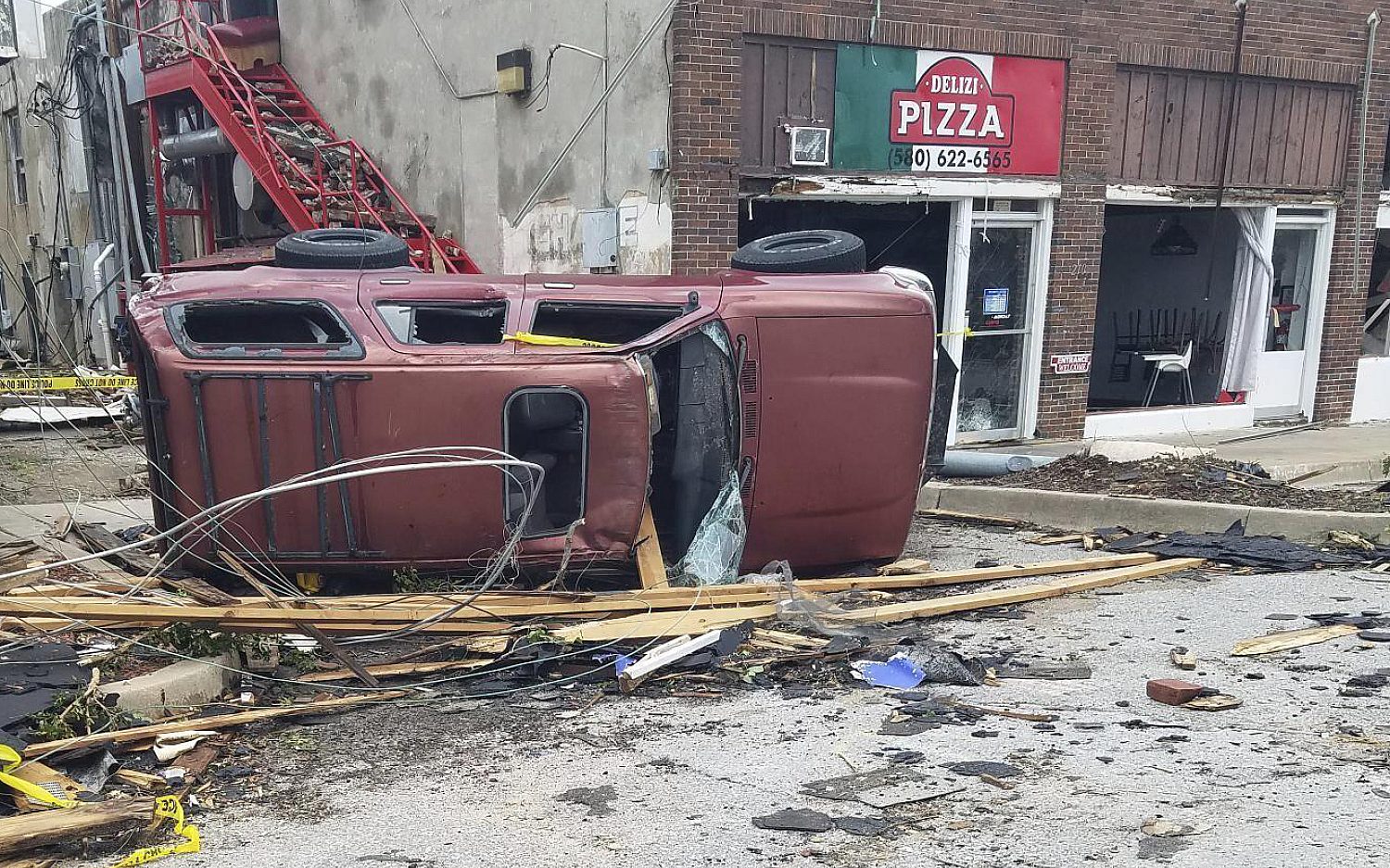Authorities confirm that one person died during recent demonstrations on the island of Cuba. The intense protests have been over food shortages, high prices, and other grievances against the Communist government. But beneath the surface, could the protests actually be a cry for freedom?
The situation in Cuba seems to be going from bad to worse. The country is facing a surge of coronavirus cases—even as it struggles with its worst economic crisis in decades. Under Communism, Cuba has long faced shortages of basic goods and amenities. But today’s crisis is directly impacted by sanctions from the United States. Those sanctions were put into place by former president Donald Trump’s administration. The goal of sanctions is to encourage or force corrupt governments to change.
Demonstrations erupted in capital city Havana and surrounding areas on Sunday. Thousands of Cubans have taken to the streets. They are voicing grievances against shortages of goods, rising prices, and power cuts. Some protesters are calling for a change of government.
The protests in several cities and towns have been some of the biggest displays of antigovernment sentiment seen in years in tightly controlled Cuba.
According to officials at the Interior Ministry, Diubis Laurencio Tejeda, 36, died Monday during a clash between protesters and police. The conflict took place in the Arroyo Naranjo municipality on the outskirts of Havana. Officials say an unspecified number of people were arrested. Some people sustained injuries, including several officers.
The ministry’s statement accuses demonstrators of vandalizing houses, setting fires, and damaging power lines. It also alleges that they attacked police and civilians with knives, stones, and other objects.
Havana still had a heavy police presence on Tuesday. Officers were particularly guarding key points such as the Malecon coastal promenade and the Capitol. Internet and cellphone data service continued to be disrupted.
The government has sought to blame the situation on Cuban Americans using social media to instigate unrest in Cuba. But actual hunger and deprivation are just as likely to be the cause.
The rare outpouring of dissent led former president Raul Castro to join with other top leaders on Monday to discuss the situation.
Cuba’s Roman Catholic bishops issued a call to avoid violence. “We understand that the government has responsibilities and has tried to take measures to alleviate the aforementioned difficulties,” the clergy said in a statement. “But we also understand that the people have the right to express their needs, desires, and hopes.”
The demonstrations were extremely unusual on an island where the government tolerates little opposition. The last major public demonstration of discontent over economic hardship took place nearly 30 years ago in 1994. Last year, there were small demonstrations by artists and other groups, but nothing as widespread as what erupted this past weekend.
U.S. President Joe Biden has called the protests in Cuba “remarkable” and a “clarion call for freedom.” He has praised thousands of Cubans who took to the streets.
Meanwhile, demonstrators in Florida—many of them Cuban exiles—are expressing unity with their friends and family members just 90 miles away. A group waving flags shut down a stretch of a major Miami expressway on Tuesday.
The United States has, so far at least, not detected any surge of migrants from Cuba, according to Homeland Security Secretary Alejandro Mayorkas. He cautions Cubans that any migrants intercepted at sea are returned to their homelands or sent to other countries under long-standing agreements intended to discourage people from trying to make the dangerous crossing.
“The humanitarian message to the people of Cuba is do not take to the seas,” Mayorkas says. “People die when they try to migrate in the maritime channel irregularly.”
The issue of Cuban migration because of the government oppression speaks to Mayorkas. His family fled the Cuban revolution in the 1960s.
“I understood what it meant for my father to lose everything that he had built for his young family,” he says. “We stand with the people of Cuba.”
The Lord has made everything for its purpose, even the wicked for the day of trouble. — Proverbs 16:4
(A woman stands near an old car in Old Havana, Cuba, on Monday, July 12, 2021. The day before, protests against food shortages and high prices amid the coronavirus crisis had broken out. AP/Eliana Aponte)
















